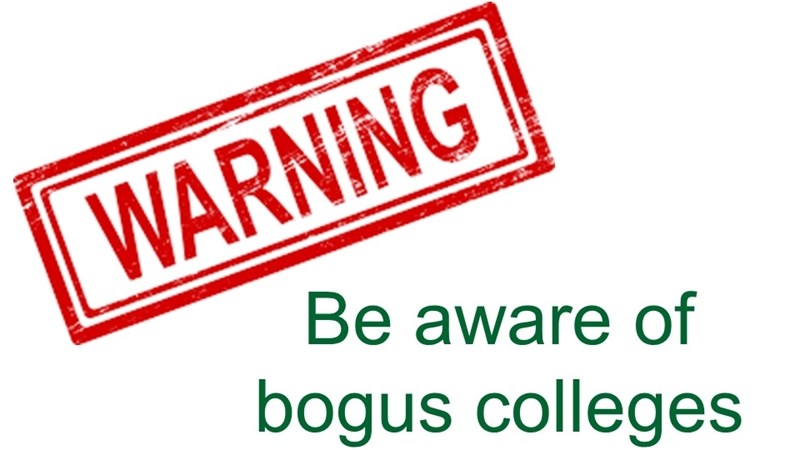Central SA
Prospective students warned of bogus colleges─── ZENANDE MPAME 05:00 Wed, 22 Jan 2025

Prospective students have been strongly urged to be cautious when selecting their institution of higher learning to avoid falling victim to bogus institutions.
Students are advised to conduct thorough research into the institution’s accreditation status, its reputation within the academic community, and the quality of its courses to avoid becoming a victim of a fraudulent college.
Fraudulent institutions post advertisements on social media, and some even set up offices, classrooms, or other structures that appear authentic. They even distribute brochures that attempt to prove that they are legit.
“It’s really unfortunate that after rolling out various awareness campaigns around bogus and illegal colleges and private institutions, we receive calls from parents and students saying they’ve registered (at) institutions (that) were not registered,” said Higher Education Deputy Minister Dr Mimmy Gondwe.
“The risks associated with registering with bogus or illegal private institutions are very high as it is not only a waste of time and money, but you miss out on an opportunity to get a legitimate qualification and an opportunity to get employed.”
Parents and students may contact the department’s call centre on 080 087 2222 to determine the legitimacy of an institution of higher learning before registering there, she said.
A way to spot the red flags at a bogus institution is to look at the quality of its infrastructure. Look at the quality of teaching and learning. Does it have computer labs, lecture rooms, and libraries?
‘Verify if the relevant bodies accredit the institution’
News 24 has tips on how to verify institutions:
- Make direct contact with the institution.
- Request official documentation of accreditation and registration.
- Verify if the relevant bodies accredit the institution.
- Search for reviews, testimonials, and news articles about the institution.
- If possible, visit the institution’s campus to assess the facilities.
The Department of Higher Education has identified more than a hundred institutions as phoney. “When you identify that an institution is bogus, you are requested to give us a call and we will do an investigation,” said Gondwe.
“Once we have concluded that that institution is bogus we will issue them with a warning letter to request them to desist from operating as they are not registered, we even give them room to comply and if they fail we open a case with the police.”













